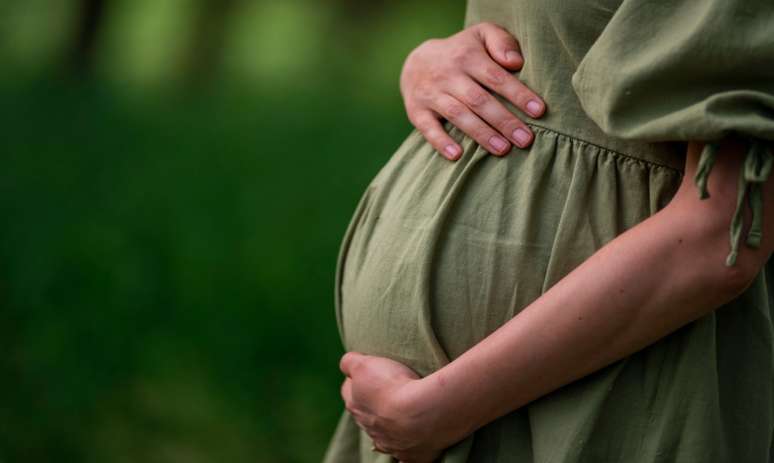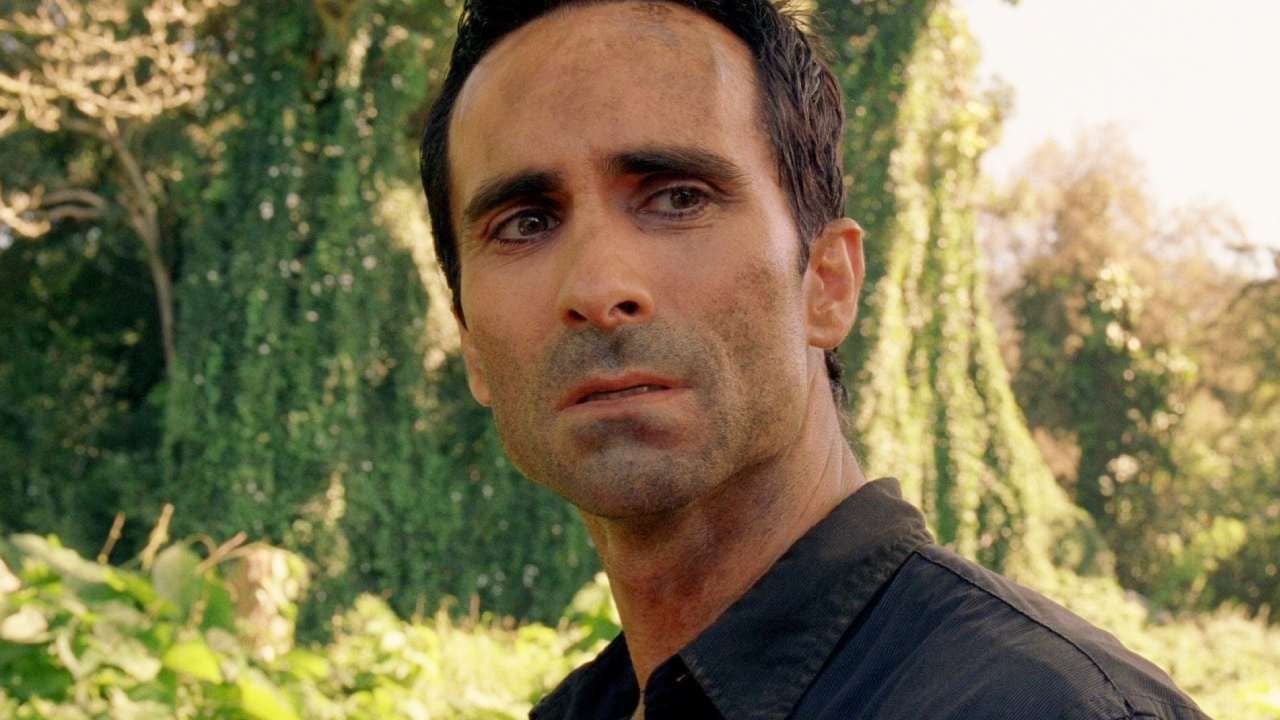More and more Brazilian women have decided to postpone motherhood. Find out how egg freezing can help you with this decision
More and more women are deciding to postpone motherhood, postponing their plan to become a mother for a few years. According to a survey published by the State Statistical Data Analysis System Foundation (Seade), the number of pregnant women over the age of 40 grew by 64 percent between 2010 and 2022.
Postpone maternity plans
Furthermore, the data shows that in Brazil, in 2022, there were 331,438 births among pregnant women aged between 35 and 39, and 102,644 among women over 40. There were practically 434 thousand pregnancies among women over 35, which shows that there has been a change in the axis of pregnancies in the country.
According to Roberto de Azevedo Antunes, medical director of the FERTIPRAXIS Human Reproduction Center and director of the Brazilian Association of Assisted Reproduction (SBRA), a series of factors explain this phenomenon.
According to him, families want to have greater financial independence, women are more involved in the job market and want to achieve certain job positions or certain educational qualifications. All this before you start thinking about having kids.
“The problem is that the ovaries don’t wait. So you get trapped in a ‘sleep’ between growing professionally, enjoying life, traveling, having fun and having children later. But this, without a doubt, leads to greater difficulties so that these couples can get pregnant “, underlines the specialist.
Impact of the biological clock
Thirty-five years. This is the initial milestone for a pregnancy to be classified as late. And, although it seems early, especially considering the many changes women have undergone over the years, this is a concept that remains unchanged.
“The health of pregnant women today at age 35 is much better than that of pregnant women thirty years ago. But from this age onwards we consider pregnancy late due to the increased risk of a number of conditions This is the case of cardiovascular diseases, hypertension and diabetes during pregnancy,” explains João Sabino Cunha Filho, professor at the Faculty of Medicine of the Federal University of Rio Grande do Sul.
Another factor that affects women when it comes to the end of pregnancy is the biological clock, reminds the doctor. This is because, starting at age 35, female fertility begins to decline, as women do not produce new eggs after birth. As ovarian reserve decreases over the years, natural conception becomes more difficult.
The expert also says that if he could give one piece of advice to women, it would be: “start doing reproductive planning.”
“Just as we plan financially, for travel, for buying a car… It is essential to also think about the reproductive future. Eggs can be frozen indefinitely, with no expiration date. If a woman opts for this procedure at the age of 32 years old, For example, and decides to get pregnant at 40 years old, it is as if she still has 32 biological years when she tries to get pregnant”, she emphasizes.
Importance of maternity planning
The first advice that Ludmila Bercaire, a gynecologist specializing in human reproduction and in vitro fertilization, gives to women who want to get pregnant after the age of 35 is to know their ovarian reserve. That is, your egg supply.
“This will allow you to understand how your ovaries behave in the context of the reduction that occurs in the egg reserve around this age. It will also allow them to receive appropriate reproductive advice,” she explains.
According to the doctor, this advice may include the decision to freeze the eggs or even readjust the reproductive plan. That is, according to the individual characteristics of the woman.
“It is worth remembering that peak female fertility is around age 20-25, with some loss of childbearing ability expected over the decades. Understanding your individual issues and your ovarian reserve will allow you to make appropriate decisions around the “within the family model that women idealize”, underlines the professional.
Is there a deadline for becoming a mother?
Ludmila also underlines this There is no age limit to become a mother. This is because a woman who has frozen her eggs or embryos at a young age will be able to thaw them for implantation, for example, at the age of 50. Of course, as long as your body is healthy and capable of gestation.
This is because the quality of the gametes (eggs) or embryos is maintained with the age of freezing, maintaining fertile capacity for longer.
“Unlike the ovaries, which suffer the consequences of aging with the loss of egg reserves, the uterus experiences little to no impact with aging. This may even allow women to become pregnant after menopause/menopause through previously frozen oocytes or via egg donation, ”informs the specialist.
However, Roberto reminds us that in the resolution regulating assisted reproduction currently in force there is a recommendation from the Federal Council of Medicine (CFM). “Women over 50 who wish to become pregnant need clinical clearance before undergoing the pregnancy process through fertilization treatment. Either with their own eggs, with their own embryos, with donated eggs or with donated embryos,” reveals the doctor.
Egg freezing
Egg freezing is therefore the most common option among women who wish to postpone motherhood. According to the medical director of the FERTIPRAXIS Human Reproduction Center, the first step is to consult your gynecologist.
This way it is possible to understand what your wishes are and what you want from a family planning point of view. “Whether you want to be a mother or not, whether you want to have one, two or three children,” she explains.
“This is an important thing and these are questions that must circulate in women’s minds. Also to be able to orient them in relation to how many eggs would be necessary to give a greater or lesser chance to a certain target number of children who wish to have them”, she explains the doctor.
According to him, the ideal age to start freezing from the point of view of the quality of oocytes (eggs). That is, before the age of 35. This does not mean, however, that a 36, 37 or 38 year old woman cannot freeze.
Important considerations
The more eggs you freeze, the better. “Studies indicate that a woman who manages to freeze approximately 15 eggs by the age of 35 has an approximately 70% chance of having at least one child. If the intention is to have more children or if the freezing is carried out at an older age In more advanced cases, when the efficiency of the eggs will be lower, it is recommended to freeze an even larger number of eggs”, underlines Ludmila.
Therefore, the doctor emphasizes that egg freezing is a treatment that is not yet accessible to all women. Furthermore, it does not represent a certainty of future pregnancy.
“To increase the chances of pregnancy, the ideal is for women who want to postpone pregnancy to freeze at a younger age, ideally before the age of 35, when the quality of these oocytes will be higher and the number of oocytes obtained for each ovary stimulation will be greater, increasing the effectiveness of the procedure,” he says.
According to the gynecologist, monitoring the ovarian reserve through the dosage of anti-Müllerian hormone and the antral follicle count starting from the age of 30 is a good way to learn about the topic and make the most appropriate reproductive decisions for your case.
Source: Terra
Ben Stock is a lifestyle journalist and author at Gossipify. He writes about topics such as health, wellness, travel, food and home decor. He provides practical advice and inspiration to improve well-being, keeps readers up to date with latest lifestyle news and trends, known for his engaging writing style, in-depth analysis and unique perspectives.









